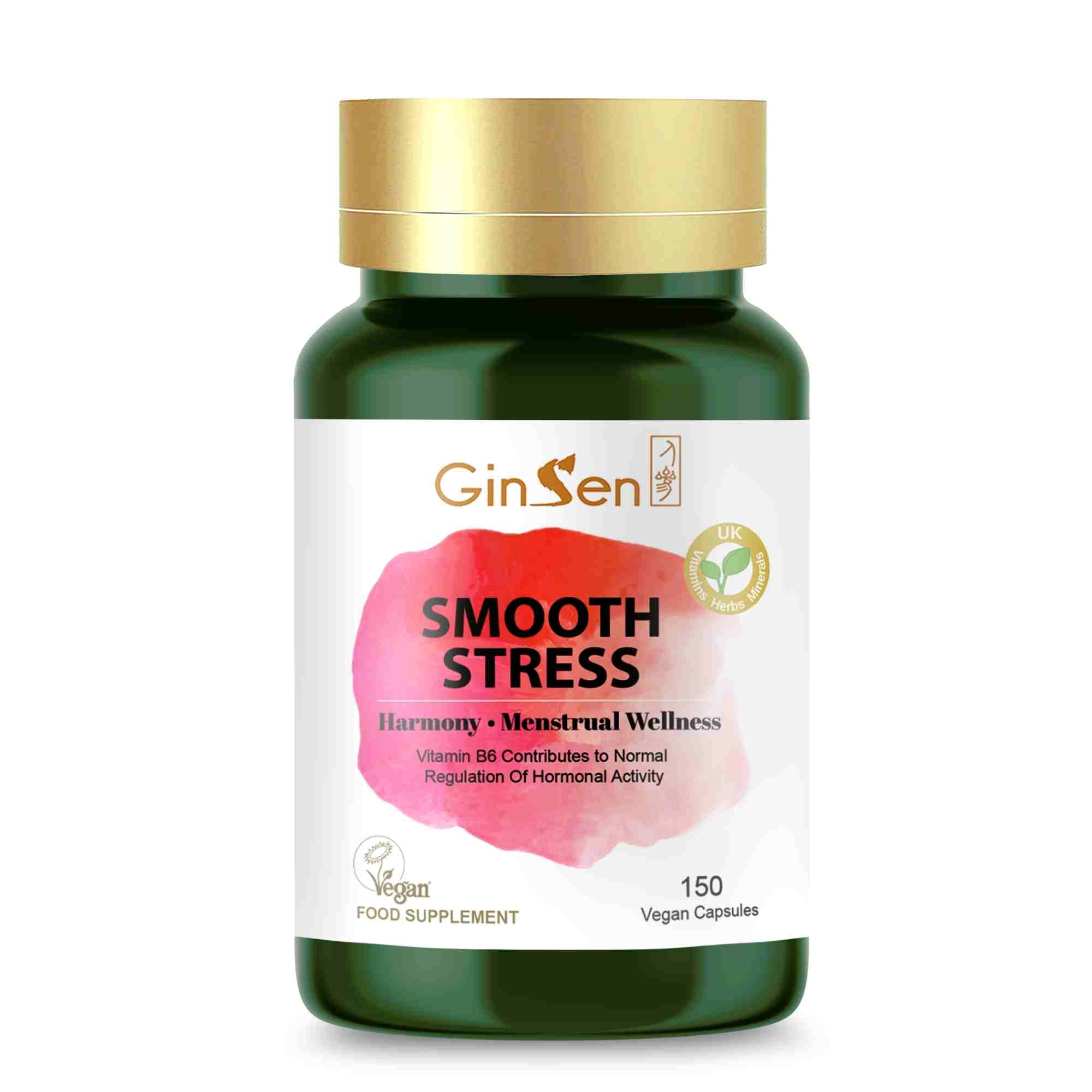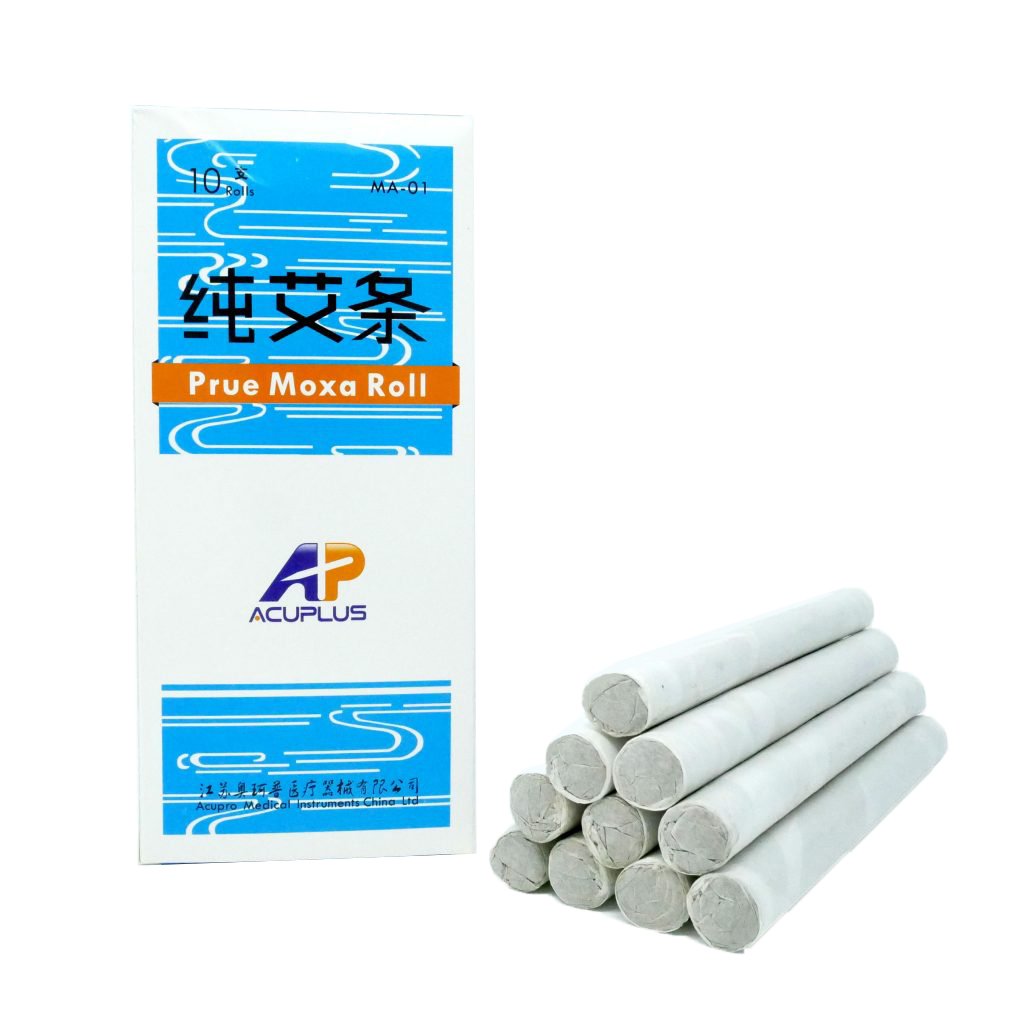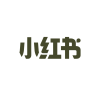
What Is Period Flu and What To Do About It?
Introduction:
Every month, countless individuals experience a range of symptoms that accompany menstruation, from cramps and fatigue to headaches and nausea. Among these, a phenomenon often described as “period flu” emerges, characterised by a cluster of symptoms reminiscent of those experienced during bouts of the actual flu.
Unraveling the mysteries of period flu is not only crucial for alleviating the discomfort experienced by countless women but also for shedding light on the intricate workings of the female reproductive system. By examining this phenomenon through the lens of TCM, we may uncover valuable insights that could pave the way for more effective and holistic period flu treatment.
What is Period Flu?
Period flu is one of many premenstrual symptoms women can experience. Period flu has similar symptoms to the common flu, but it distinctively occurs after ovulation and just before menstruation. Period flu may present as fatigue, body aches, headaches, cramps, nausea, feverish sensations and mood swings.
It’s important to note that while these symptoms can mimic those of the flu, they are not caused by an actual viral infection. Instead, they are thought to be related to hormonal fluctuations and changes in the body that occur during the menstrual cycle.
Factors may contribute to the development of period flu symptoms:
Several factors may contribute to the development of period flu symptoms:
- Inflammation:
During the menstrual cycle, the body experiences fluctuations in inflammatory markers, which can lead to symptoms such as joint and muscle pain, fatigue, and headaches.
In their investigation of the relationship between inflammation and menstrual symptoms, Bertone-Johnson et al., found that elevated inflammation levels can exacerbate premenstrual symptoms by contributing to pain and other discomforts.
In Traditional Chinese Medicine (TCM), inflammation during menstruation, resembling symptoms of period flu, is often attributed to imbalances such as excess heat, liver Qi stagnation, dampness and phlegm accumulation, and blood stasis.
- Hormonal Fluctuations:
The menstrual cycle is governed by a complex interplay of hormones, including estrogen and progesterone. Significant fluctuations in these hormone levels can lead to a range of physical and emotional symptoms, such as mood swings, breast tenderness, bloating, and fatigue.
Backstrom et al., study of the role of hormones on premenstrual symptoms suggests that alterations in estrogen and progesterone levels during the menstrual cycle, are closely linked to the onset of premenstrual symptoms such as mood swings and fatigue.

In Traditional Chinese Medicine (TCM), hormonal fluctuations during menstruation are understood to disrupt the body’s internal balance, leading to the manifestation of symptoms resembling “period flu.” These fluctuations can affect the smooth flow of Qi and blood, resulting in patterns of disharmony such as Qi stagnation or blood deficiency. Hormonal imbalances may also provoke heat accumulation or dampness in the body, exacerbating symptoms such as body aches, headaches, and fatigue.

- Stress:
Stress can significantly impact the menstrual cycle and exacerbate period flu symptoms. Increased levels of stress hormones, such as cortisol, can disrupt the delicate balance of reproductive hormones and contribute to irregular cycles, cramps, and other menstrual-related symptoms.
In their study examining the association between stress and premenstrual symptoms, Jahromi et al., found stress – ranging from work-related pressures to relationship difficulties can also amplify premenstrual symptoms by influencing neurotransmitter activity and hormonal balance.
In Traditional Chinese Medicine (TCM), stress is recognized as a significant contributor to the manifestation of symptoms resembling “period flu.” Emotional stress and unresolved tensions can lead to stagnation of liver Qi, disrupting the smooth flow of Qi and blood in the body. This stagnation may generate heat and dampness, exacerbating inflammatory responses and symptoms such as body aches, headaches, and nausea during menstruation.
Period Flu Treatments with Traditional Chinese Medicine (TCM):
Chinese Medicine offers holistic period flu treatment. Rooted in millennia-old principles of balance and harmony within the body. Through the lens of TCM, period flu is viewed as an expression of disharmony in Qi, blood, and Yin-Yang, through a range of different period flu treatments such as acupuncture, moxibustion, supplements and lifestyle changes, period flu symptoms can be managed better.
Acupuncture: Acupuncture can help alleviate menstrual symptoms by addressing imbalances such as liver Qi stagnation, blood deficiency, or dampness accumulation.Widely recognised for its efficacy in managing pain and promoting overall well-being, acupuncture has been shown to offer tangible relief from period flu symptoms by helping regulate the menstrual cycle.
Recommended Supplements: Supplements can be a convenient and effective way to address the root cause of menstrual symptoms, such as those associated with “period flu,” by providing targeted nutritional support. Whether it’s herbal formulations specifically designed to rebalance Qi and blood or supplements rich in essential vitamins and minerals, incorporating these into your daily routine can help restore harmony to the body’s energies.
Smooth Stress
GinSen’s Smooth Stress supplements are specifically formulated to support women’s health during menstruation. Formulated to support the body’s hormonal and nervous system balance, they are ideal for those who experience painful or irregular periods. By providing a sense of ease and comfort, Smooth Stress gives you a feeling of ease during a stressful menstrual cycle.

Moxibustion Heat Therapy: Moxibustion therapy harnesses the therapeutic properties of heat to stimulate acupuncture points, alleviate menstrual discomfort, and regulate menstrual cycles In their study with female nursing students, Gao et al. found that by enhancing circulation and dispelling cold and dampness, moxibustion fosters balance within the body, facilitating the resolution of period flu symptoms.

Pure Moxa Sticks
These pure moxa sticks are effective and safe to use at home. Moxibustion is a Traditional Chinese Medicine treatment used for warm up the meridians and dispelling coldness. Offering an abundance of health benefits.
- Diet and Lifestyle Changes: In addition to TCM therapies, adopting a holistic approach to menstrual health encompasses dietary modifications.
Eat Cooling Foods: Incorporate foods with cooling properties to help reduce inflammation and heat in the body. Examples include cucumber, watermelon, celery, lettuce, spinach, and mung beans.
Include Nourishing Soups: Prepare nourishing soups with cooling and Yin-nourishing ingredients such as lotus root, winter melon, seaweed, and Chinese yam. These soups help replenish fluids and support overall hydration.
Avoid Spicy and Greasy Foods: Limit or avoid spicy, greasy, and overly processed foods that can exacerbate inflammation and contribute to dampness in the body.
Avoid Cold Foods and Beverages: Refrain from consuming excessively cold or icy foods and beverages, as they can constrict blood vessels and exacerbate menstrual cramps and discomfort.
For more information about how Chinese Medicine can help you with period flu, book your free consultation with our Chinese Medicine experts today
* These statements have not been evaluated by the Food and Drug Administration. This information is not intended to diagnose, treat, cure, or prevent any disease. We can’t guarantee the treatment result, as the symptoms of conditions are unpredictable and vary greatly from person to person. The treatment length and recovery time also varies for individual. Please visit our clinics website: GinSen where a specialists will discuss your care and provide a consultation, and the treatment will be designed to meet your individual needs.






